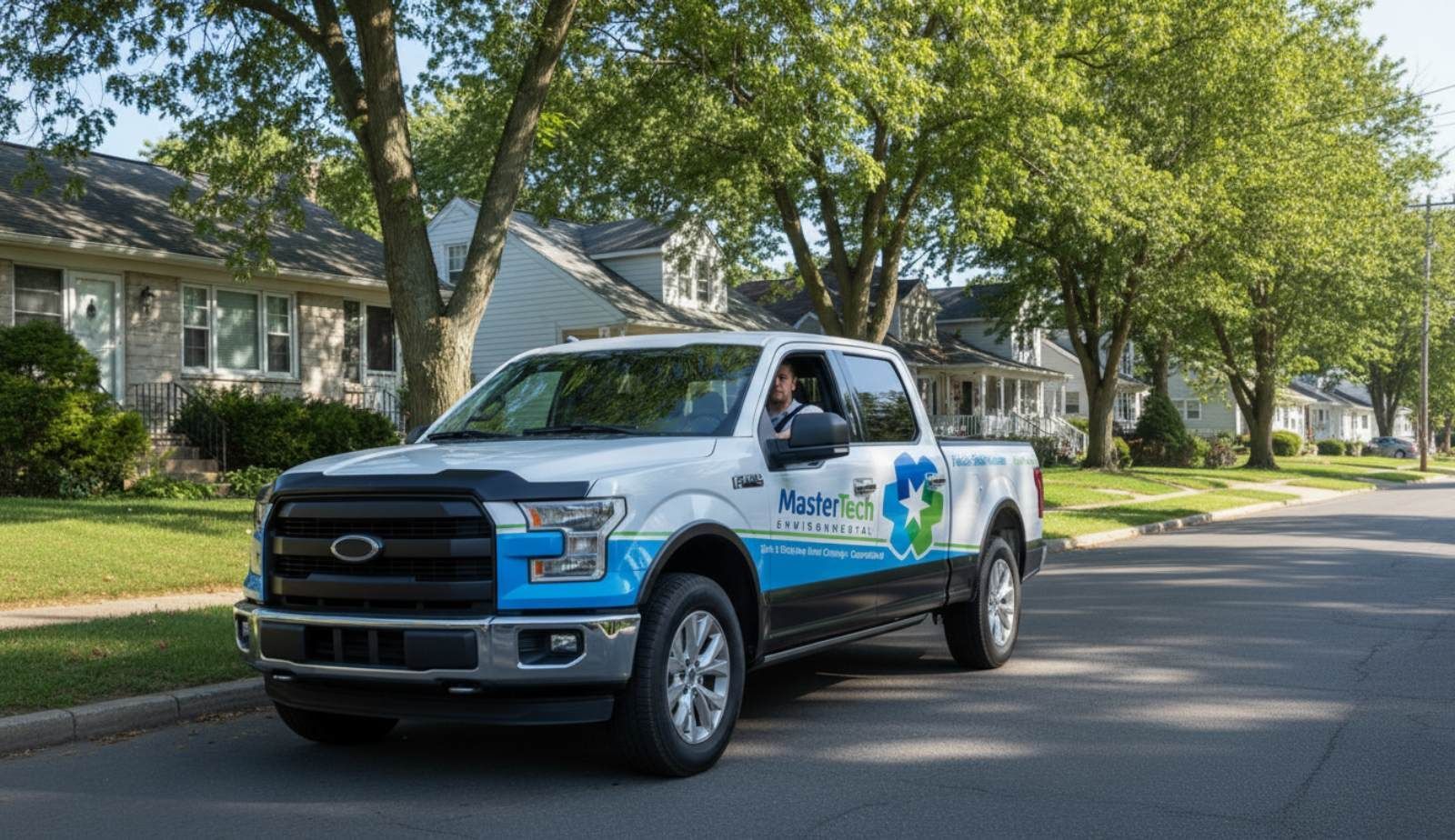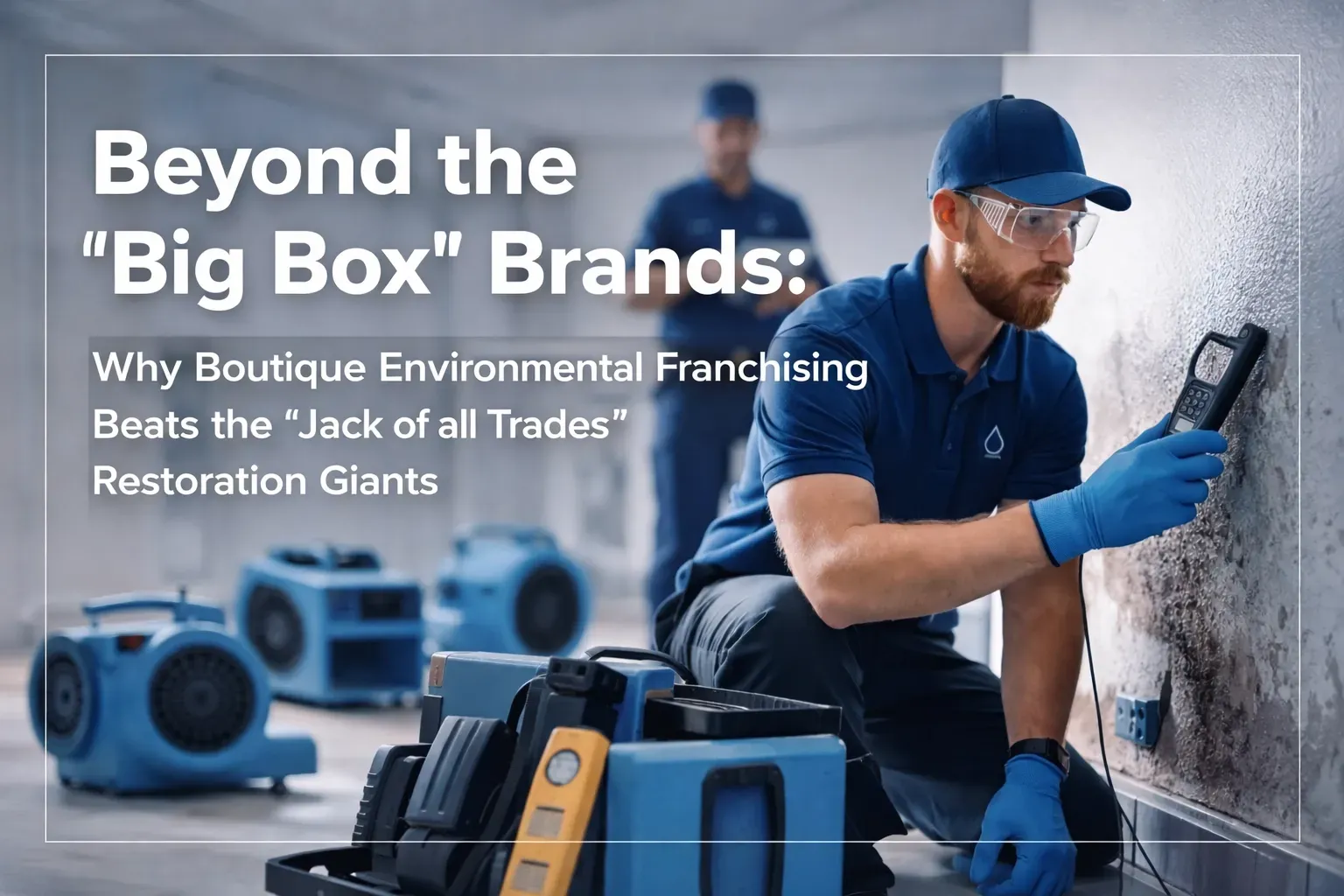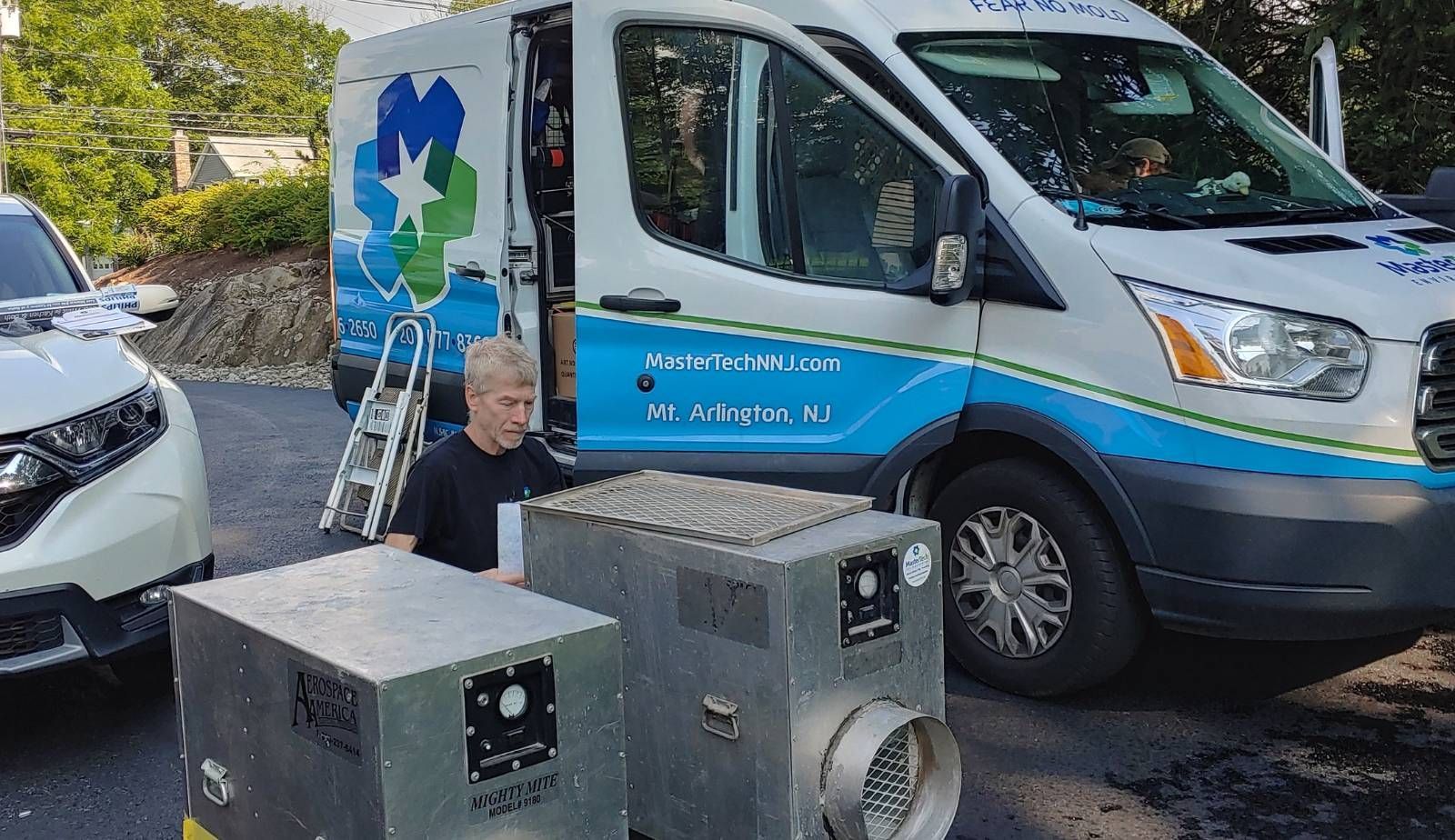
Launching a business can be a daunting endeavor, filled with uncertainty and challenges. For those considering the leap, the franchise model offers a compelling alternative to starting from scratch. Franchises like Mastertech provide established systems and processes that significantly simplify the entrepreneurial journey. By opting for a franchise, entrepreneurs benefit from a proven business model, minimizing risks and maximizing success potential.
Mastertech exemplifies these advantages with its structured approach to business operations. This includes a tested business model, brand recognition, and valuable resources that are often inaccessible to independent startups. These elements not only save time but also reduce the financial strain and operational headaches typically associated with building a new business.
While starting an independent business might seem appealing for its creative freedom, franchises offer the backing of an established brand, reducing many concerns associated with entrepreneurship. Entrepreneurs can focus on running their business with confidence, knowing that they are supported by a well-oiled framework designed for success.
Understanding the Franchise Business Model
The franchise business model enables individuals to benefit from a proven brand and operational framework. It involves clear roles between the franchisor and franchisee, governed by a formal contract known as the franchise agreement.
Definition and Overview of Franchising
Franchising is a business model where a franchisor licenses its operating methods, brand, and support systems to franchisees. This relationship allows franchisees to capitalize on established recognition, reducing the risks typically associated with independent startups. By leveraging the franchisor's tested practices, franchisees can achieve profitable operations more quickly than if they were starting from scratch.
Whereas independent businesses may face numerous challenges, such as creating brand awareness and developing systems, franchisees operate with a blueprint for success. The franchisor provides comprehensive training and support, ensuring consistency across locations.
Roles within the Franchise Ecosystem
In a franchise ecosystem, the franchisor and franchisee have distinct but complementary roles. The franchisor is responsible for maintaining the brand's integrity and providing ongoing support, training, and marketing strategies. They establish operational standards to ensure uniformity and quality.
Franchisees, on the other hand, manage the day-to-day operations within their territory. They must adhere to the established guidelines and contribute to the franchise's overarching success. By following these systems, franchisees can focus on local customer engagement, sales, and managing personnel, knowing they have a support network at the corporate level.
The Franchise Agreement Essentials
The franchise agreement is a crucial document that defines the relationship between the franchisor and franchisee. It outlines key elements such as franchise fees, territory rights, and operational requirements. This legal contract ensures both parties understand their obligations and rights, providing a framework for expected business practices and resolving disputes.
The agreement typically includes clauses related to branding, advertising contributions, and renewal terms. By clearly defining these aspects, the agreement protects the franchisor's intellectual property while granting franchisees the ability to operate under an established brand. This mutual understanding helps facilitate smooth operations and fair practices across the network.
Evaluating the Benefits of Buying a Franchise
Buying a franchise offers various advantages that can significantly impact a business's success. With established brand recognition, a proven business model, and robust training and support, new franchisees are set up with a foundation poised for their success.
Brand Recognition and Established Customer Base
When buying a franchise, one immediately benefits from existing brand recognition. Established brands come with a reputation that has been built over time, providing an instant trust factor with potential customers. This well-established reputation saves considerable marketing time and resources.
Having an established customer base can lead to steadier cash flow from the beginning. Loyal customers familiar with the brand are more likely to continue their patronage. This familiar customer footprint supports quicker returns on investment and provides a more predictable business performance compared to starting a new brand from scratch.
Proven Business Models and Established Processes
A franchise offers a proven business model that has demonstrated consistent profitability. With clear guidelines on operations, products, and services, franchisees can follow a successful template. This reduces the trial and error often associated with starting a new business.
Established processes are core to franchise operations, ensuring that all franchise locations maintain a uniform standard. These processes often cover everything from supply chain logistics to customer service protocols. The consistency afforded by these systems minimizes potential missteps and streamlines daily business operations.
Support and Training from Franchisors
Support and training from franchisors are crucial elements that ease the transition into business ownership. Comprehensive initial training helps franchisees understand every aspect of the business. This may include operational procedures, marketing strategies, and customer service techniques.
Continual support extends beyond the initial setup, offering assistance in areas like technology upgrades and troubleshooting. This ongoing support alleviates many common pressures faced by new business owners. Franchisees have access to expert advice and resources, ensuring they are never alone in managing challenges.
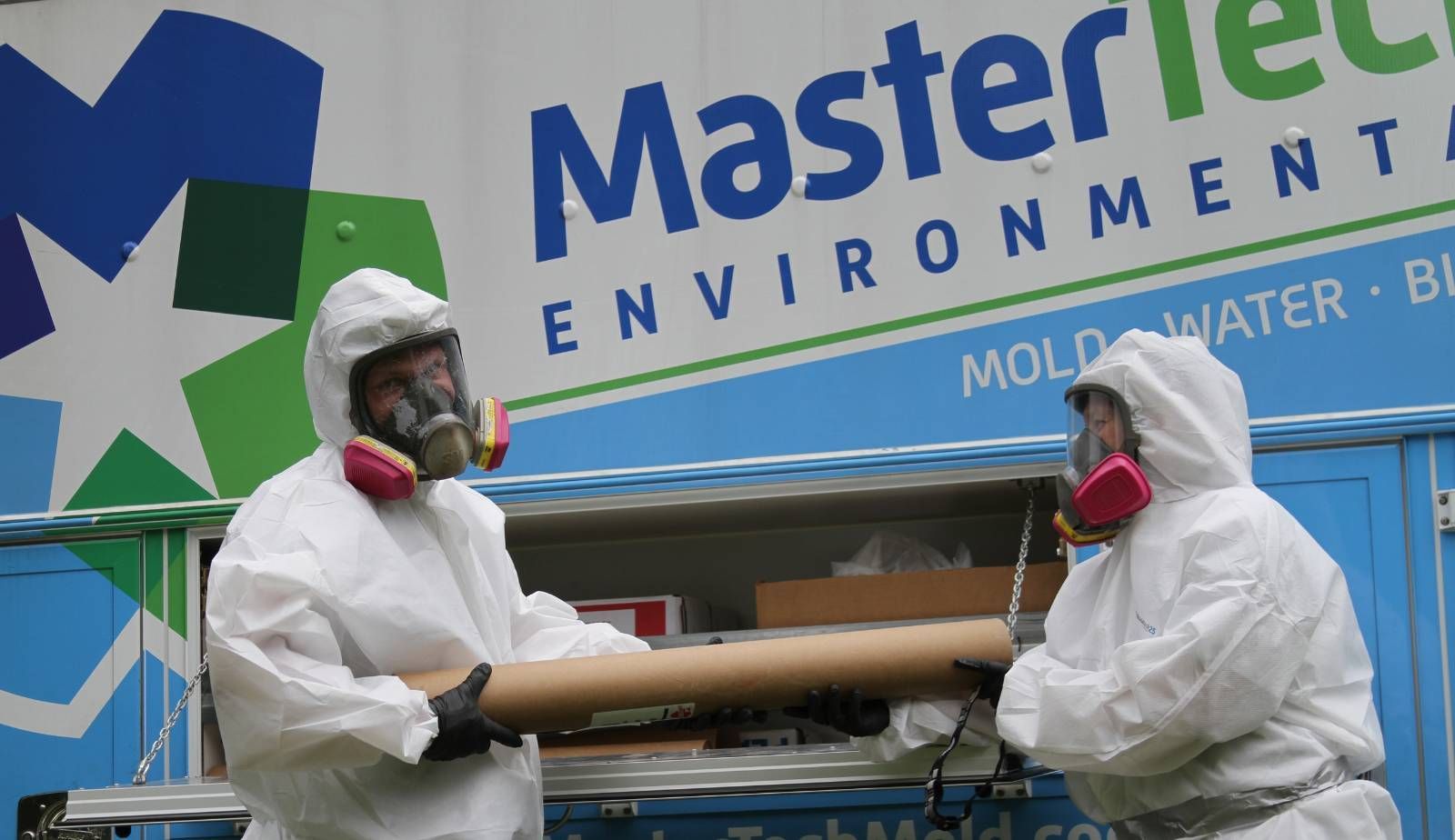
The Entrepreneurial Mindset and Franchise Purchasing
Entrepreneurs looking to enter the world of business ownership must weigh the benefits of investing in a franchise against building a startup from scratch. Balancing personal autonomy with a proven business model and shifting mindset are key considerations.
Balancing Autonomy with a Proven Structure
A franchise grants entrepreneurs the advantage of a proven business model. This means streamlined operations and clear guidelines. The Mastertech franchise provides established systems that can save franchisees time and money compared to starting anew. Entrepreneurs often find confidence in following a tested path with reduced risk.
While autonomy might seem limited, franchisees enjoy the freedom of focusing on growth and execution. They can rely on the franchisor for research and development. By outsourcing some decision-making, business owners can fine-tune their approach to local markets. This balance allows them to focus efforts on customer service and local marketing strategies, blending personal initiative with a structured framework.
The Mental Shift in Franchising vs. Startup Culture
Franchise purchasing requires a shift from the traditional startup mindset, focusing less on innovation and more on execution. Entrepreneurs accustomed to creating from scratch may find the franchise structure a departure from their usual independence. The Mastertech franchise model allows new business owners to utilize existing systems, minimizing trial and error.
While startup culture emphasizes vision and creation, franchising emphasizes replication and consistency. For those less inclined toward experimentation and risk, the franchise approach provides stability. Franchisees can direct their entrepreneurial energy towards incremental improvements within a set structure, leveraging a model that prioritizes efficiency over novelty.
Engaging in this mindset change enables them to thrive within the framework of a successful business model, benefitting from built-in support systems and resources.
Financial Considerations in Franchising
Entering the world of franchising involves unique financial commitments and rewards. These commitments can significantly impact potential profitability and success rates, making it crucial to understand the associated costs and financial benefits.
Understanding Upfront and Recurring Costs
Franchising requires an upfront investment that typically includes the franchise fee. This fee grants access to the franchisor's established brand, marketing materials, and operational support systems. The initial setup can save significant time and resources compared to starting a business independently.
Recurring costs often include royalty fees, which are a percentage of revenue paid to the franchisor. These fees support continuous brand development and support. Budgeting for both initial and ongoing expenses ensures that financial resources are managed effectively and can cover all necessary operational costs.
Profitability and Success Rates of Franchise vs. Startup
Franchises often have higher success rates compared to independent startups. The reason behind this is their proven business model, which reduces risk by relying on established systems. Franchises benefit from brand recognition and an existing customer base, which can boost initial profitability.
While initial profitability may be lower due to royalty fees, the long-term financial stability and growth potential offered by a franchise's structure are significant. Understanding these success rates helps prospective franchisees make informed decisions about where to allocate their financial resources for optimal returns.
Marketing Advantages for Franchisees
Franchisees benefit from an established brand's reputation, which provides instant recognition and credibility in the market. They also gain access to robust national marketing strategies while maintaining local autonomy, allowing them to tailor their approach to specific community needs.
Leveraging Franchise Brand Reputation
An established franchise brand offers franchisees significant marketing advantages. The reputation of a well-known brand can attract customers who already trust the name. This built-in trust can lead to quicker customer acquisition and retention compared to starting an unknown business. Furthermore, franchisees can capitalize on existing customer loyalty, reducing the need for extensive introductory marketing campaigns.
Franchisees also benefit from ongoing support from the franchisor in maintaining the brand's reputation. This includes guidance on branding consistency and quality control, ensuring the brand's image remains strong. Recognized brand standards help establish credibility, making customers more likely to choose them over competitors.
National Marketing Strategies and Local Autonomy
Franchisees gain access to comprehensive national marketing strategies, which are typically developed and funded by the franchisor. These strategies enhance brand awareness and often include high-impact advertising campaigns across various media platforms. This national effort amplifies the reach of the franchise brand and can drive significant customer traffic.
While benefiting from these national strategies, franchisees also retain local autonomy, allowing them to adapt marketing efforts to their specific regional contexts. This balance enables franchisees to execute localized promotions or events that resonate with their community, further boosting brand engagement and local customer relationships.
Growth and Expansion with a Franchise
Franchising offers distinct advantages for businesses looking to grow and expand their reach. This section explores two crucial elements: identifying growth paths and understanding territorial dynamics.
Exploring Paths to Grow Your Business
A key benefit of operating a franchise is the ability to leverage an established brand. Franchisees can focus on enhancing market presence through proven business models and support from franchisors. This pathway reduces the risk factors associated with starting new ventures, allowing owners to allocate resources more efficiently. Franchisees often receive comprehensive training programs and marketing support. This helps them to quickly attract and retain customers, contributing significantly to business growth.
Additionally, franchisees benefit from advanced operational strategies that streamline day-to-day functions. By adhering to standardized procedures, they maintain quality and consistency. This enables them to focus on scaling operations by adding new locations or expanding service offerings in response to market demand.
Territorial Restrictions and Expansion Opportunities
Territorial restrictions play an important role in franchising, impacting growth strategies and expansion possibilities. These restrictions often ensure that no two franchisees operate in the same geographical area, which helps prevent market saturation and fosters healthy competition. Understanding these boundaries helps franchisees evaluate their potential for expansion more accurately.
Expansion opportunities can be strategically assessed based on existing territories and customer demographics. A well-planned expansion often involves carefully reviewing the territorial rights and collaborating with the franchisor to identify viable locations. This collaboration ensures alignment with both the brand's overall goals and local market conditions, optimizing the potential for successful growth.
The Safety Net of Franchising
Franchising offers key advantages in risk mitigation and support, making it an attractive option for many entrepreneurs. By leveraging an established system, it reduces common pitfalls associated with new ventures and provides continuous assistance.
Reduced Risk with a Proven Franchise
Starting a business from scratch entails significant uncertainty, often leading to high failure rates. Franchises, by contrast, offer a lower failure rate due to their established systems and processes. Entrepreneurs benefit from a proven model that has already achieved success in various locations. This reduces the risk commonly faced when introducing an untested product or service to the market.
Franchise owners tap into a wealth of established knowledge and practices. This due diligence helps in navigating market challenges more effectively. Initial investments in a franchise often come with comprehensive training programs and guidance, minimizing common startup obstacles and promoting success.
Ongoing Support and the Role of the Franchisor
An essential benefit of franchising is the built-in support from franchisors. They provide ongoing training, enhancing franchisee capabilities as the market and business evolve. This support extends beyond initial setup; it also includes marketing, operational, and technical assistance.
Franchisors play a pivotal role in maintaining consistency and quality across franchises. Their expertise acts as a safety net, providing solutions and strategies honed over time. This relationship allows franchisees to concentrate on growth and customer satisfaction without the constant pressure of building processes from scratch. Such continuous backing is a significant advantage over standalone businesses, where resources for guidance may be limited.
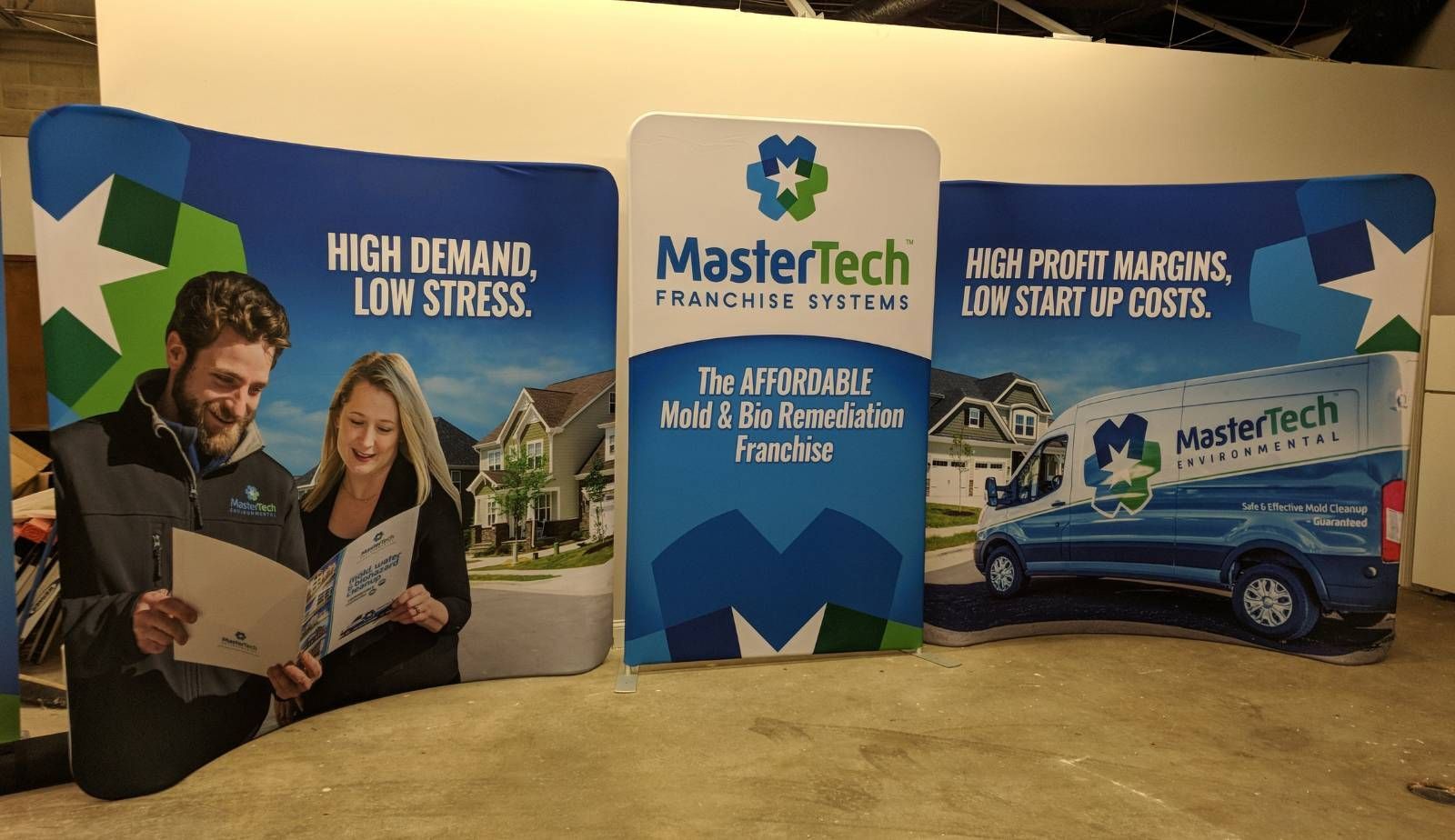
Frequently Asked Questions
In the realm of franchising, models like Mastertech provide valuable support with established systems that smooth the path to success. Savings in cost, swift market access, and minimized risks are key highlights covered below.
What cost-saving benefits does a franchise model offer to new business owners?
Franchises like Mastertech typically have bulk purchasing power, reducing the cost of supplies and equipment. Standardized systems cut down on trial and error expenses, while initial franchise fees often cover marketing and training resources that would otherwise be additional costs for an independent venture.
How does a franchise model facilitate quicker market entry for entrepreneurs?
Franchisees benefit from established brand recognition and customer trust, bypassing the lengthy brand-building process. Established operational procedures allow new business owners to start activities promptly. Pre-existing relationships with suppliers and vendors further expedite the setup, allowing a faster launch.
In what ways does a franchise system minimize the risks associated with starting an independent business?
Franchises offer proven business models that have been tested and refined, significantly lowering the risk of failure. Support from the franchisor in areas such as site selection, marketing strategies, and continuous R&D ensures that franchisees are guided strategically. This assistance reduces uncertainties that new independent businesses might face.
What kind of established support and training do franchisees typically receive when joining a franchise?
Franchisors provide comprehensive training programs covering operational procedures, customer service, and marketing techniques. Ongoing support, including mentorship from experienced franchisees and troubleshooting assistance, forms a key part. Franchisees also receive updates on industry trends and innovations, ensuring they remain competitive.
How can adopting a franchise's proven systems enhance operational efficiency for new franchise owners?
Franchises like Mastertech offer streamlined processes for essential operations, leading to optimized productivity and resource management. Robust inventory systems and software tools that are part of the package help reduce wastage and improve decision-making. Standardized operational manuals ensure consistent quality across all outlets.
What are the benefits of leveraging a franchise's existing brand recognition when starting a business?
By joining a recognized brand, franchisees capitalize on established customer loyalty and marketing campaigns. This familiarity fosters trust and invites initial patronage, providing a significant competitive advantage. New franchise owners save time and resources that would otherwise be spent on building brand reputation from scratch.
Get in Touch
Contact Us
Don't be a stranger!
30 Broad St, Unit 7
Denville, New Jersey 07834

